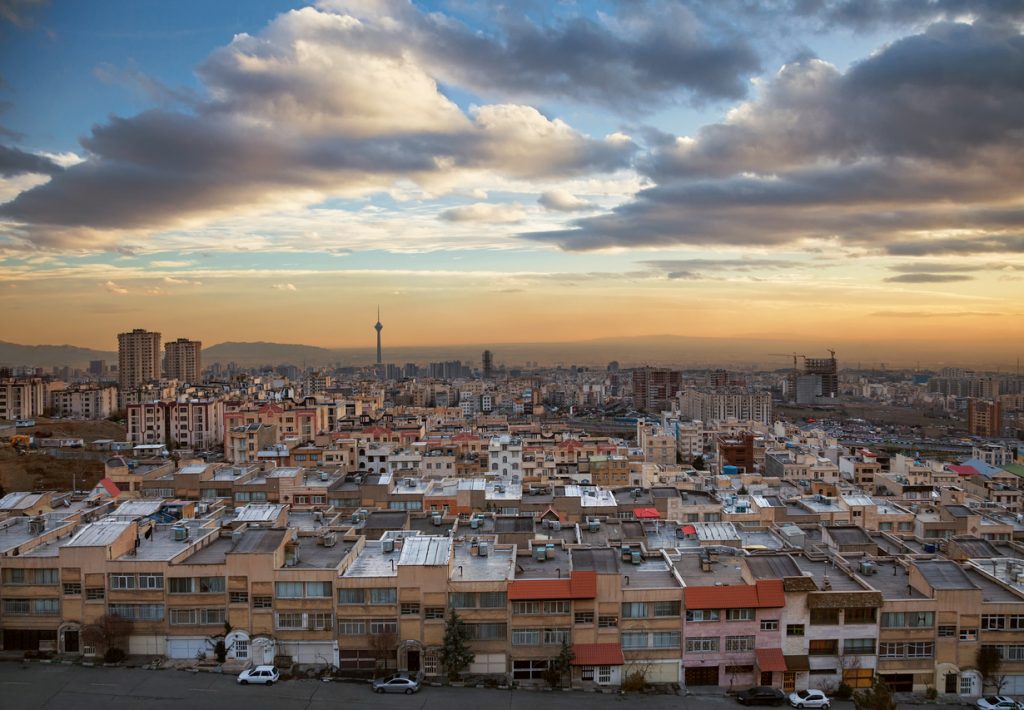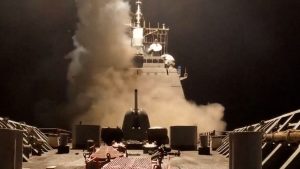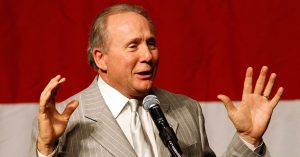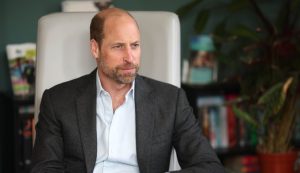Monday July 20, 2020
Decades of comprehensive economy pressures and restrictions is a way of life for people in Iran. The recent rise in cost of living, with expensive housing prices, and the prevalence of COVID-19 are examples of this. The pandemic resulted in a higher risk of recession. Nevertheless, the majority of people have full ownership of their living quarters and some are enjoying the current high rate of returns in the stock market and good share evaluations. Due to the recent US sanctions, oil revenues declined, and the recent oil price collapse has put the government’s budget under stress. Government subsidies in food, health and energy and low-cost housing projects have helped the population sustain the rise in cost of living. Recently, actions have been undertaken to fight financial corruption by few privileged people and institutes, and this served well to gain the trust of the population. People demand transparency, economic development, new jobs and fair distribution of wealth.
To improve the state of the economy and substitute for the decreased oil revenues, limited options are left on the table. Among them is investment in the highly profitable oil and gas industry, petrochemicals, power generation, distribution sectors and in the labour-intensive housing market. The stock exchange office can contribute vastly and effectively in harbouring safe investment platforms for the general public.
The Iran stock market has been dissociated from the international stock markets and is therefore immune to the recent COVID-19 international stock market crashes. The stock market in Iran has had a steady growth for a decade. Indeed, the Iranian stock market index grew twofold in the past twelve months. A staggering gain in stock values attracted investors and large funds, and common people trust their stock market with their savings.
[ymal]
Iran is a society with an average age of thirty years, it is full of youthful vigour and hope. The country has more than twenty million well educated young men and women, with post-diploma to doctorate degrees specialised in different fields. In fact, this is the highest level of literacy and knowledge known in the history of Iran.
The population, over twenty one million households, live in urban areas that are equivalent to 2% of the land, and almost all enjoy connected electricity and gas, and safe drinking water. Houses are mostly owned by citizens with no bank loans. Two million or more low cost homes have been delivered or under construction to be finished in the near future. Therefore, rising housing prices due to the current inflation may also mean increasing wealth of the population.
There are more than two and a half million commercial outlets and shops and firms owned by private businesses. In addition, the country enjoys a reasonable set of infrastructures which is necessary to support an efficient economy.
In recent months, the judiciary system took swift actions to block some corrupt individuals and financial institutes. Involved individuals have been prosecuted, and cases of stagnant financial corruption are being addressed with priority. The provincial judges took serious measures to protect the local industries. These measures may bring social order, development and can help create new jobs.
Iran has the resources to develop and prosper, and this prosperity will contribute to regional peace and development.
Regards,
Mr. Manuchehr Ahmadvand
Attorney at Law and Author
Iran Bar Association
Member of International Bar Association
Manuchehr has practiced law for more than 30 years and provided professional legal advice for venture investment projects. He works with the International Arbitration Office on financial litigation. Also, he published 'The Legal Obstacles of Privatization/Investment' in Iran.





















